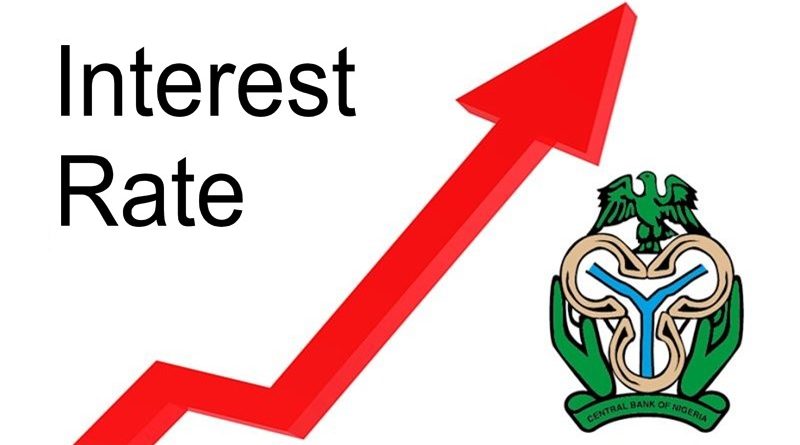CBN raises interest rate to 18%
The Monetary Policy Committee of the CBN (MPC) at its March 2023 meeting raised the baseline interest rate, otherwise known as the Monetary Policy Rate (MPR) in the economy by 50 basis points from 17.5% to 18%. Other decisions reached by the committee are:
MPC Decision
• Raise MPR by 50bps to 18%
• Retain the asymmetric corridor of the MPR at +100 / -700 basis points.
• Retain CRR at 32.5%.
• Retain liquidity ratio at 30%.
The MPC stated that the protracted Russia-Ukraine conflict, the deteriorating US-China relationship over Taiwan’s sovereignty, increased inflationary pressures in the energy market, and supply chain disruptions all continue to cast a shadow over the overall outlook for the global and domestic economies. Concerns about the global banking system are also mounting.
The MPC stated that the protracted Russia-Ukraine conflict, the deteriorating US-China relationship over Taiwan’s sovereignty, increased inflationary pressures in the energy market, and supply chain disruptions all continue to cast a shadow over the overall outlook for the global and domestic economies. Concerns about the global banking system are also mounting. Addressing the domestic economy, the MPC highlighted that the facts and projections for the major macroeconomic indicators point to continued, moderate growth in the economy in 2023. The committee concluded that continuing PMS scarcity, growing loan costs, pressures from rising inflation, and deteriorating fiscal balances would continue to be the main causes of shocks to the Nigerian economy. The committee observed that a significant decrease in the amount of currency outside the bank has occurred as a result of the Naira redesign and the policy limiting currency withdrawals, indicating an expected increase in the effectiveness of monetary policy tools.
Nonetheless, they urged depository companies, online payment processors, and other stakeholders to take immediate action to stop the current instances of network failure. This should ensure that both the CBN’s cashless policy program and the redesign of the naira are implemented successfully.
The committee emphasized that the stock market’s steady improvement was a sign of resurgent investor confidence. The MPC also pointed out that the recent slight fall in external reserves reflects the declining trend in oil prices as concerns about a recession grow.
Although the failure of banks in the United States and Switzerland has raised concerns in the Nigerian banking system, the MPC noted that the sector is robust because of the strict prudential rules. To emphasize, the capital adequacy ratio climbed to 13.7%, falling within the prudential limit of 10 and 15%, while the liquidity ratio decreased to 43.1% and remained above its prudential limit of 30%.
The committee also highlighted that the NPL ratio remained at 4.2%. To guarantee that NPL stays below its prudential benchmark of 5%, a strict prudential framework is necessary.
The MPC underlined that because the economy continues to be threatened by the possibility of increased inflation, which would have a negative impact on living standards, relaxing or maintaining interest rates could undo the progress made via prior rate increases.
Thus, tightening was required to counteract the ongoing danger of price increases brought on by factors including the anticipated withdrawal of the PMS subsidy, rising costs for other energy sources, ongoing exchange rate pressure, and unpredictable weather patterns. The MPC thinks tightening would show that it is confident in the ability of its monetary policy to battle high inflation, improve the stability of the financial system, help reduce the negative real interest rate margin, and regulate exchange rate movements. Read the full report, click here SOURCE: Coronation Merchant Bank




